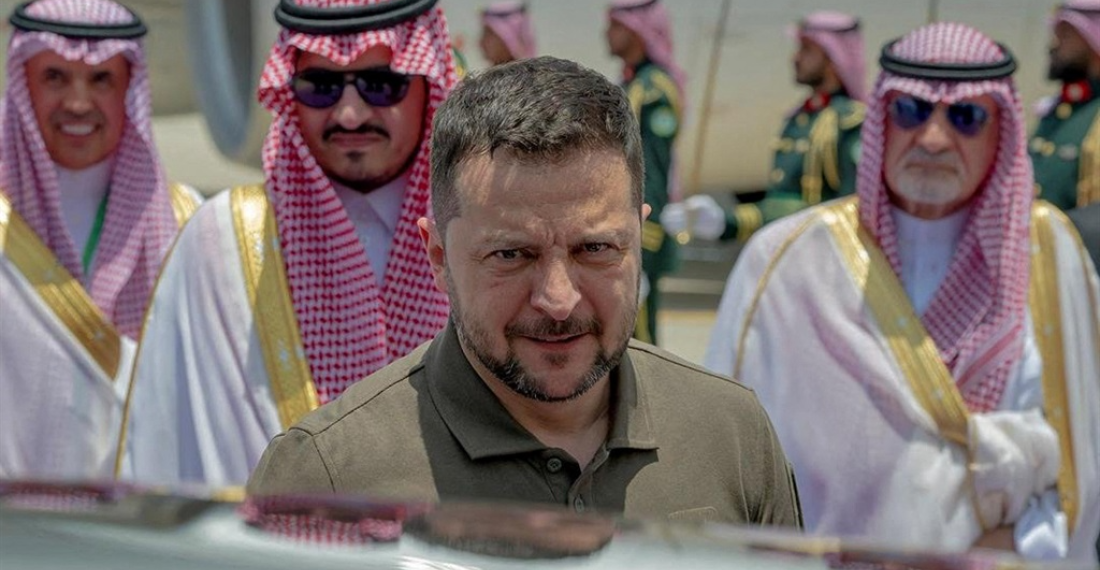The Saudi Arabian port city of Jeddah is to host a global summit on reaching peace in Ukraine on Saturday (5 August).
The summit will be attended by some 40 countries including many countries of the "Global South", as well as China. Russia was not invited to the talks, however, and Moscow has said that they will "monitor" the summit.
The discussion and future implementation of Ukraine's Peace Formula, set out by President Volodymyr Zelensky during an address to the G20 in November, will be the subject of the summit in Jeddah.
President Zelensky's Peace Formula envisages preventing ecocide in Ukraine, punishing those responsible for war crimes, withdrawing all Russian troops from the territory of Ukraine, restoration of Ukraine's territorial integrity, and the release of all prisoners of war and deportees. The proposals also call for ensuring energy security, food security, and nuclear safety.
In a statement posted on Twitter, Zelensky said: "Tomorrow in Jeddah, in Saudi Arabia, a meeting of advisers to heads of state and representatives of the Ministry of Foreign Affairs regarding the Peace Formula will begin.
"Many countries will be represented, different continents, including the countries of the global south.
"It is very important because in such matters as food security, the fate of millions of people in Africa, Asia, and other parts of the world directly depends on how fast the world will be in implementing the Peace Formula."






